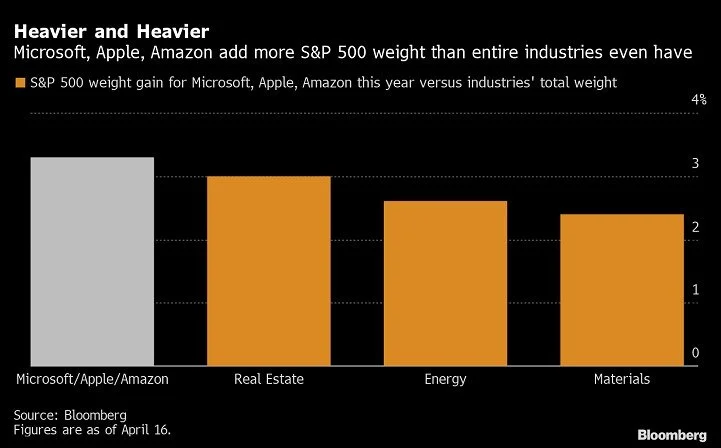By Jim Kelly
jkelly@longislandergroup.com
During these difficult times of isolation and lockdown, one family decided to pool their collective talent and entertain the community. Every night at 8 p.m. and at 3 p.m. on Wednesdays and Saturdays, the Warren Five, as they are known to their loyal followers, go live on a Facebook feed for people to listen and be entertained.
Dana Warren, the father of this musical family, is a music teacher in the East North-port Middle School. With his wife Marie who is also a music teacher, and their three children Ariana, Andrew, and Zoe, sing musical numbers from many Broadway shows every night.
“We have always been making music,” said Ariana, who is a mezzo-soprano and has a masters degree in opera performance. They had been doing performances for themselves, but now that they are home to-gether in quarantine, they’ve virtually opened their home to the public.
“This is a little more serious since people are watching, and we do a rehearsal process,” Ariana said, adding “we actually take turns in the selection of what’s being played and we try to find music that people of all ages would enjoy.”
The family’s musical roots run deep, said Marie, the matriarch of the family. “We have all been in theatrical productions,” she said, and three out of five of the family work as teachers. The effort to produce a good show every night typically takes them about an hour to an hour and a half of rehearsal.
Andrew, who is a drum instructor at the School of Rock in Huntington, has a degree in commercial music. He is also responsible for the group’s social media, organizing the Facebook and YouTube posts.
“I was amazed when I realized the following that we got since the quarantine has started,” Andrew said. “We had no idea it would blossom into this.”
As a professional musician who has per-formed at the John W. Engeman Theater in Northport as well as on Princess Cruises, Andrew knows that rehearsals have to fit into everyone’s schedules. “With three teachers all teaching remotely, and planning their lessons, the days can easily get away from you,” Andrew said.
Andrew thrives on the positive feedback from people who watch and listen. “It’s really rewarding,” he said.
Zoe, the youngest Warren, is finishing her freshman year at Bloomsburg University of Pennsylvania. With her classes now being conducted online, there is also a lot of work that she has to do to make sure she stays on pace with her education.
“I did not know how much of an effort it would be,” Zoe said.
She explained “we have the music from Broadway shows on our shelves, and there are so many shows to choose from.”
Both Dana and Marie come from musical families. Dana’s mother was a piano player and she had a profound influence on Dana and his music. His father sang in the church choir.
Marie’s father, who turns 90 in June, attended the Brooklyn Conservatory to study voice. Marie attributes her strong and beautiful voice as an inheritance from her dad.
Dana said that “they are both very happy to pass the love of music on to their kids”.
Each has their favorite songs they’ve performed. Dana said his was “96000” from “In the Heights.” Zoe’s favorite was from “Dear Evan Hansen.” She chose to do “Impossible Dream” for her dad, Marie said, adding that the arrangement of “Somewhere Over the Rainbow” was one she performed after 9/11 and dedicated to a friend who lost family at the attack on the World Trade Center. It is a very moving rendition.
Marie said that they are very happy to bring joy to people and “It is something we always did, and we started on a lark and we were fascinated to see it grow.” She further stated “we always check the comments (on Facebook) and we are repeatedly mindful that it is for the people. It is an honor to do this.”
Marie went on to say “the power of music cannot be underrated, especially during hard times.” If you haven’t caught the Warren Five yet, you can go on to their Facebook page www.facebook.com/TheWarrenFive/. On that page you can catch the live performances that follow a Broadway schedule (8 p.m. curtain nightly and 3 p.m. matinees on Wednesday and Saturday). They jokingly said that the only difference is they do not have Monday as a “dark night,” meaning no performance. They go on seven nights a week.
You can also review past performances by scrolling down the Facebook page. Please feel free to leave a comment thanking them and show support by tuning in.
Our hats are off to this family who’s giving so much and making a difficult situation of isolation a little bit better through their music and the use of their talent. The Warren Five, Dana, Marie, Ariana, Andrew, and Zoe, deserve a virtual standing ovation for all that they do.












